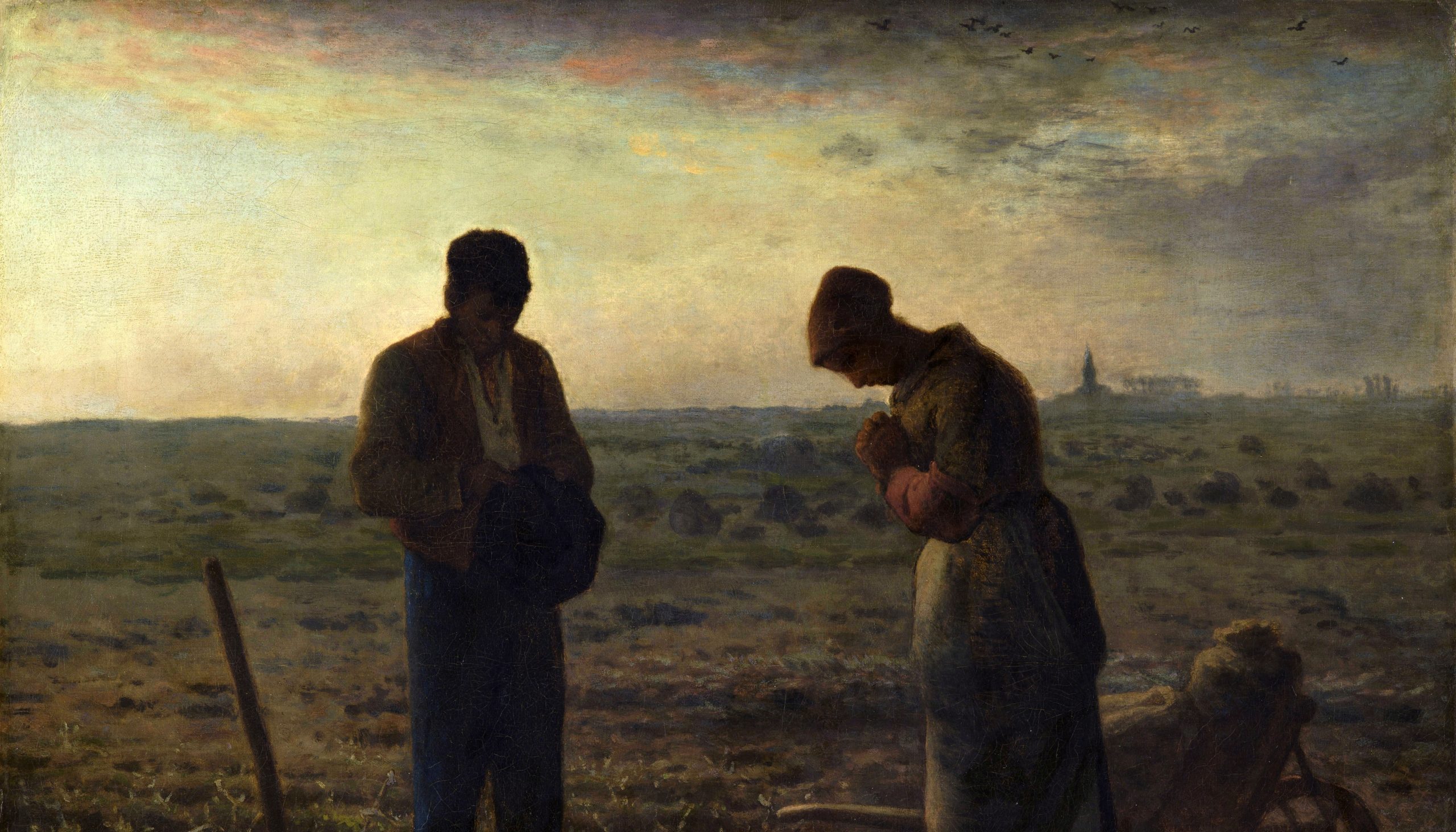Finding blessing and redemption in work during the Jubilee of Workers
Forty-four years ago, Pope St. John Paul II wrote a magnificent encyclical, Laborem Exercens. As we celebrate the Jubilee of Workers from May 1 to 4, during this Jubilee Year of Hope proclaimed by Pope Francis, it is fitting to reflect on its teachings.
The encyclical is full of profound insights regarding the nature and meaning of human work, but I would like to focus on one in particular. It is an observation reflected in both the biblical story of creation and our everyday lives: work is both a blessing and a curse.
The Blessing of Work
Let’s start with the blessing. Genesis 2:15 tells us that, after creating Adam, God “took the man and settled him in the Garden of Eden, to cultivate and care for it.” We also read God’s instruction to Adam and Eve, “Be fruitful and multiply; fill the earth and subdue it.” (Gen 1:28) Now, this is before Adam and Eve have been tempted by the devil and sinned, so this assigned work of “cultivating” and “subduing” the earth is a blessing from God, it is part of their happy life in the Garden of Eden.
We can easily relate to this. Staying with the garden theme, my wife Clare loves to garden. She enjoys the planting, watering, fertilizing and pruning that culminates in the flowering of beautiful blossoms. We can all relate to this “blessed” dimension of work whenever we find it satisfying and fruitful. This applies across professions and vocations: plumber, dentist, cook, writer, teacher, deacon, priest—each has his or her own work that can be wonderfully fulfilling.
Pope St. John Paul II writes that, as images of God, we reflect His creative power. He goes on to make the fascinating observation that God, in a certain way, left the creation of the universe unfinished—intending to invite us to share in it. God gave us the raw materials of the world, but He didn’t create skyscrapers, laptops or rocket ships. He didn’t paint the Mona Lisa or compose Beethoven’s Fifth Symphony. He rejoices when we share in His creative power through discovery and the development of the world around us. And when we carry out our work rightly, we don’t only affect things external to us—we also develop our very selves, growing not only in skill and achievement, but also—ideally—in virtue and even holiness.
The Toil and Suffering of Work
But now for the other side of the equation—work as a curse. When Adam and Eve sinned, they were made to suffer the consequences, one of which is seen in God’s declaration to Adam, “Cursed is the ground because of you! In toil you shall eat its yield all the days of your life. Thorns and thistles it shall bear for you.… By the sweat of your brow you shall eat bread.” (Gen 3:17-19)
In Laborem Exercens, Pope St. John Paul II seizes on the word “toil” to summarize this negative, “cursed” dimension of work. Returning to Clare’s love of gardening—she does not love weeding, being pricked by thorns or bitten by mosquitoes. Because of the fall, because of sin, we often experience varying degrees of hardship, fatigue and frustration in our work. In short, we suffer. This is especially true when employers impose unreasonable demands, when workers are unfairly compensated, or when conditions are unhealthy or unsafe. The tragedy reaches its extreme in forced labor—whether in labor camps or when victims of human trafficking are forced into servitude.
Of course, we are called to strive to eliminate unnecessary suffering and to correct injustices, but toil will always remain a part of work this side of heaven. Yet even here, Pope St. John Paul II offers hope. Having labored himself in a stone quarry from 1939 to 1942 during the Nazi occupation of Poland, he reminds us that all suffering—great or small—can be united with the sufferings of Jesus Christ for the salvation of souls.
So let us celebrate with joyful hearts this Jubilee of Workers. It is a great blessing to be able to work—to engage our energies and abilities and to see the fruits of our labors, and those of so many brothers and sisters around the world. And when, in this fallen world, we experience the “curse” of toil—the fatigue and frustration of our efforts—let us offer that suffering in union with Christ, who can transform even that curse into a blessing.
By Chris Ruff, Director of the Office for Ministries and Social Concerns
Published in the Summer 2025 issue of Catholic Life Magazine

